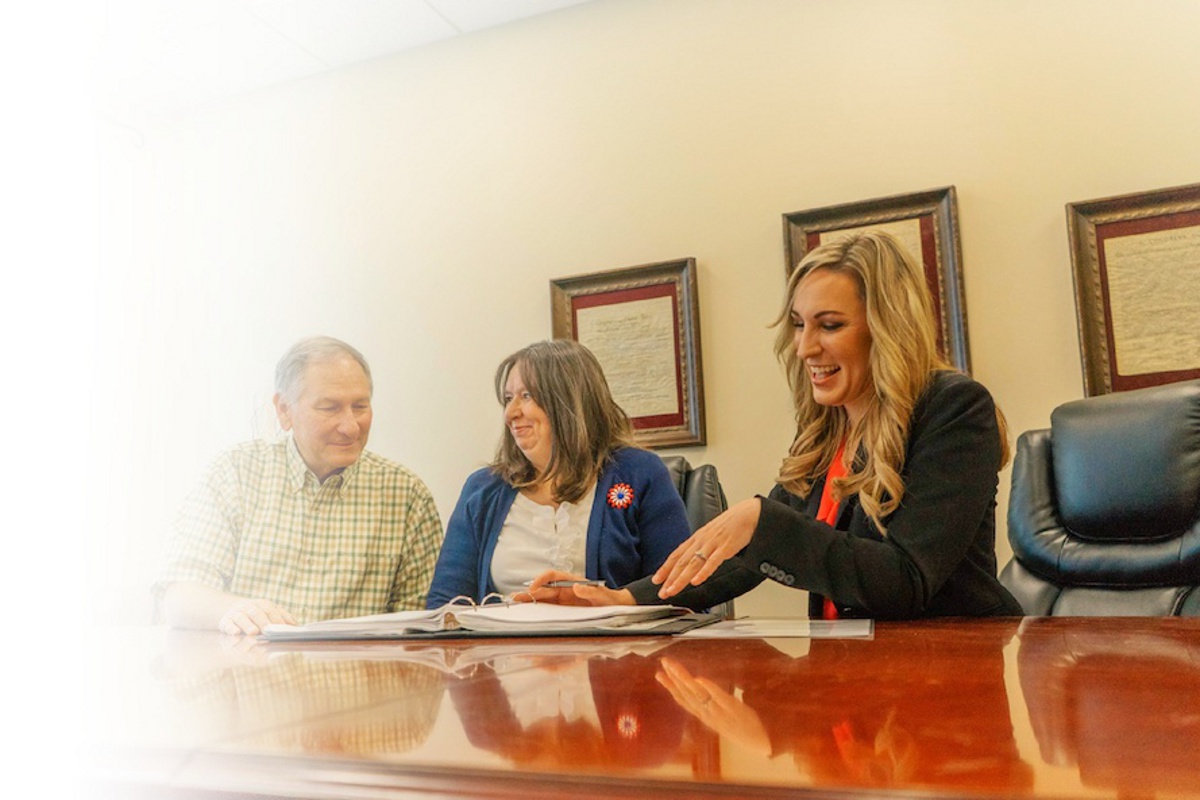


Nationally renowned.
Serving the Pacific Northwest.
Serving the Pacific Northwest.
Serving the Pacific Northwest.
Peace of Mind with Proper Planning
We protect and serve our clients' legacies and love ones in innovative ways that keep them out of the government controlled court system.
We protect and serve our clients' legacies and love ones in innovative ways that keep them out of the government controlled court system.
We protect and serve our clients' legacies and loved ones in innovative ways that keep them out of the government controlled court system.
Trial Attorneys
Impacting and developing the law as we fight for our clients, our country and your rights.
Impacting and developing the law as we fight for our clients, our country and your rights.
Impacting and developing the law as we fight for our clients, our country and your rights.
Click to play video about Alex Kincaid Law
What Makes Us Unique!
Top 100 law firms by the National Trial Lawyers. Top 10 law firms by the National Academy of Criminal Defense Attorneys. Voted #1 Best Law Firm in the State of Idaho and the Treasure Valley by the residents of the Treasure Valley.
Former prosecutor and elected District Attorney, Alex Kincaid, founded Alex Kincaid Law, a full-service, boutique law firm emphasizing estate and business planning (asset protection), as well as civil and criminal litigation. Our firm boasts the unique specialty of firearms law. We serve the Pacific Northwest states of Idaho and Oregon. We protect and preserve our clients' legacies, loved ones, and businesses with solid legal documents drafted in innovative ways to keep them out of the government-controlled court system. When clients must fight for their rights in court, we provide a tenacious team of trial lawyers.
We are not, and do not strive to be, the largest law firm that is measured by the number of lawyers. Our goal is to be the firm of choice for clients with respect to their most challenging legal issues. Our clients confirmed we accomplished this goal by voting Alex Kincaid Law the best law firm in the State of Idaho and the Treasure Valley.
Call us today at (866) 505-2773 to schedule a consultation.
Practice Areas:
Our goal is for you to be secure in the knowledge that you have taken care of everything you own and everyone you love. We offer a broad range of estate planning and administration ...
We assist gun owners, dealers, and manufacturers (FFLs) to navigate all aspects of federal, state, and local gun laws. We assist with Second Amendment lawsuits, ATF issues, possession and transfer issues ...
Whether you are just starting up or need to grow, our team of experienced business planning and litigation attorneys will help you protect and grow your business by creating the right entity ...
The AK Show
How to Legally Transfer a Firearm
Episode 45: Wills vs Trusts
Our Attorneys & Experts
Alexandria Kincaid is a former prosecutor and elected District Attorney with over 20 years experience as a successful trial attorney and strategic planner. She has drafted thousands of estate and business plans ...







